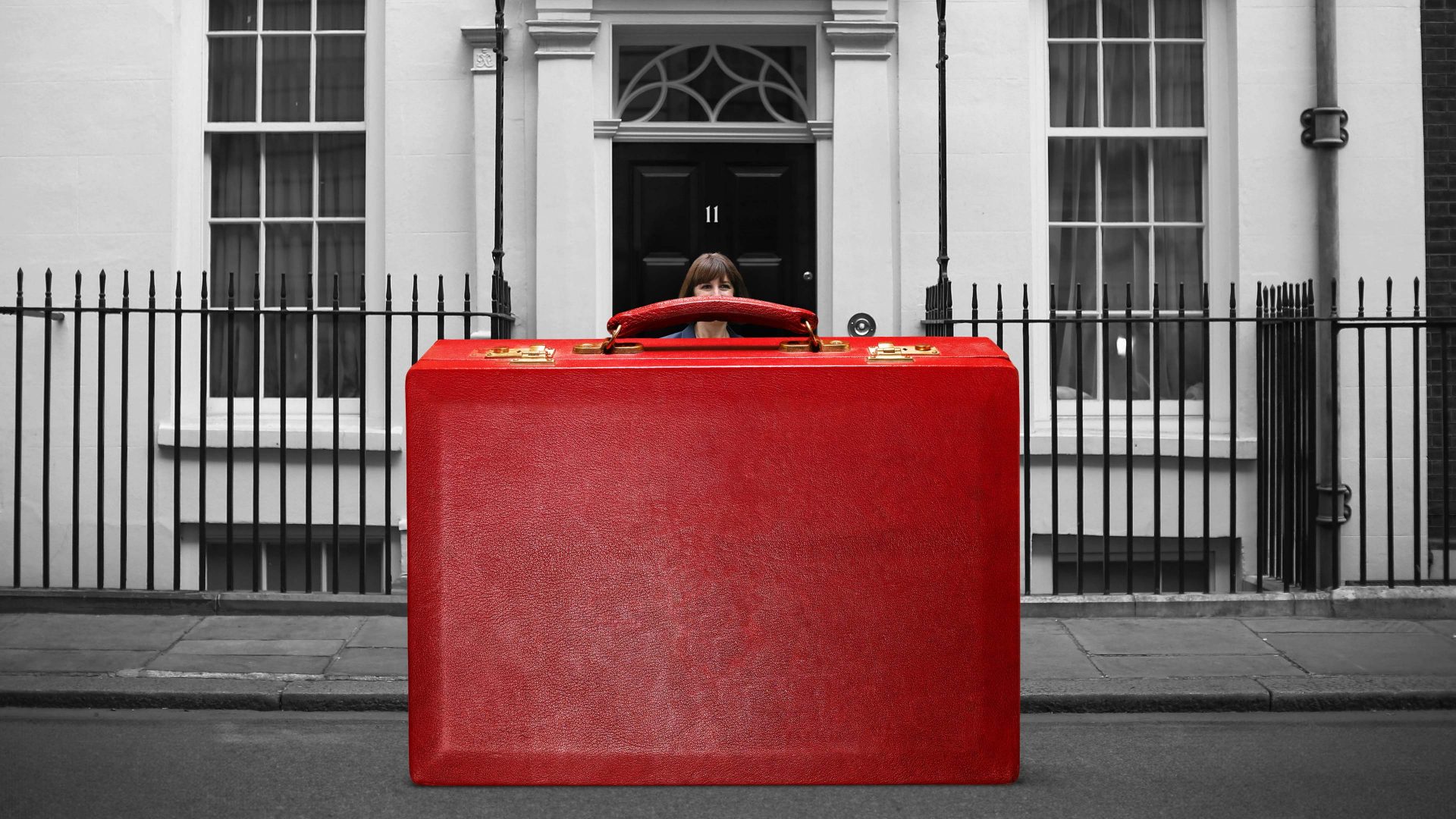Keir Starmer wants a “reset” with the European Union. He wants to “make Brexit work for the British people”. He wants to run a government that’s about “taking back control”. We know all this because he’s said so.
For a new government that’s trying to turn around 14 years of negligence and decay, it’s an awfully familiar narrative – not least because any of the last four prime ministers could have said the exact same things, and did.
More than that, Keir Starmer is trying to “reset” relations with the EU by running them on the same terms as each of his post-Brexit Conservative predecessors. Starmer has insisted that rejoining the customs union is off the table, as is the single market.
That would not be much of a reset: by setting out the same red lines as the previous governments, Starmer has guaranteed that any new relationship will be almost identical to the old one. There is only so much movement possible within the very narrow range he has defined – meaning Starmer and Ursula von der Leyen can have as lovely a conversation as they want, it simply won’t mean very much.
In reality, Starmer has probably made his already limited room for manoeuvre even tighter by also rejecting the EU’s main ask as out of hand. The EU states had agreed they would like to look at restoring limited freedom of movement for young adults – whether through allowing automatic work visas for under-30s, a return to allowing home fees for undergraduate students, or some combination of these factors.
The Conservatives had rejected similar proposals earlier in the year, and the noises from within Labour are that the new government is likely to do the same, because it is wary of generating early headlines that either it has restored open borders, or that it is providing largesse to Europeans when it is offering austerity at home.
The reality is that the European states are divided on almost every issue at the moment – trying to get Macron and Meloni aligned on an issue is hard enough before you consider bringing in Viktor Orbán, or the socialist PM of Spain, Pedro Sánchez.
Von der Leyen has to keep 27 member states that agree on very little aligned, and the UK is nowhere near their top priority. They had managed to agree on something that they wanted in youth free movement, which would have cost the UK very little (in reality, it would likely provide net economic benefit).
If the UK wants to advance its own agenda – and Starmer has indicated he’d like to make progress on defence cooperation and agriculture (a sector hit particularly hard by Brexit) – then it needs to hand von der Leyen a win. Starmer has tied his hands on the big stuff with the EU, and now seems determined to stymie himself against any smaller victories, too.
The political logic behind all of this is baffling. Labour’s voters are overwhelmingly pro-EU and largely voted Remain, but even most Leave voters have moved on from relitigating Brexit at this point. It is nonsense to talk about “making Brexit work” for anyone at this stage – Brexit is done. We just need measures that make Britain better to live in, or at least to make it a more tolerable place in which to exist.
In other words, it shouldn’t be about Brexit: it’s just about trying to get good trade relations and diplomatic relations with our neighbours. In practice that will require closer relations and cooperation with the EU, but by continuing to apply the lenses used during the Brexit debate, Labour only makes that harder. By not acknowledging that the country has moved on, Starmer closes down his already limited range of options.
The worry is that this is what Labour is doing across the full range of policy decisions it is facing. No one denies that the new government has a more difficult inheritance than any since Attlee in 1945 – and this time there’s no offer of billions in low-cost loans from the USA.
But that calls for imaginative and bold use of limited resources, not an endless sequence of additional hurdles created by either timidity or infighting. Contrary to some of the recent soundbites from Keir Starmer and Rachel Reeves, the voters did not elect them to stare nervously at the public finance figures and tell us they’re bad. We elected them to make things better.
No one wants the government to go full Truss when it comes to public finances. We have seen what happens when the government announces tens of billions in tax cuts (or additional spending) with no means to pay for them. Similarly, most of us understand why the government isn’t about to announce overnight that it’s going to boost growth by rejoining the EU, either.
There are many steps between the government’s current caution and that kind of wild risk-taking, though. If there is hope, and it remains a somewhat slim hope, it comes from Rachel Reeves’ address to Labour at its party conference.
Among the usual warnings about the need to spend carefully and address the fiscal black hole, there were hints that the government might find some ways to redefine capital spending – otherwise known as investment – so as to allow tens of billions of spending without throwing its financial rules out the window.
This doesn’t allow the government to spend, spend, spend. Investment means money to build infrastructure, or repair schools and hospitals, or boost businesses. It doesn’t allow for day-to-day spending on the NHS or benefits. But investment could make the country’s crumbling infrastructure better, boost growth, and so boost tax revenue. It is a reason to hope.
Labour should lean into that instinct and actually deliver a budget that makes people glad they voted for a new government. The narrative of its first few months has been hopeless: with little good news coming out of No 10, scandals about infighting and freebies have dominated.
Investment in new public housing, liberalising planning laws, and bold new transport spending could go a long way in changing first the narrative, and then the country. But boldness need not stop at the doors of the Treasury. Whether it’s the budget, Brexit or beyond, it is time for Starmer to be bold. If not now, then it will probably be never.




